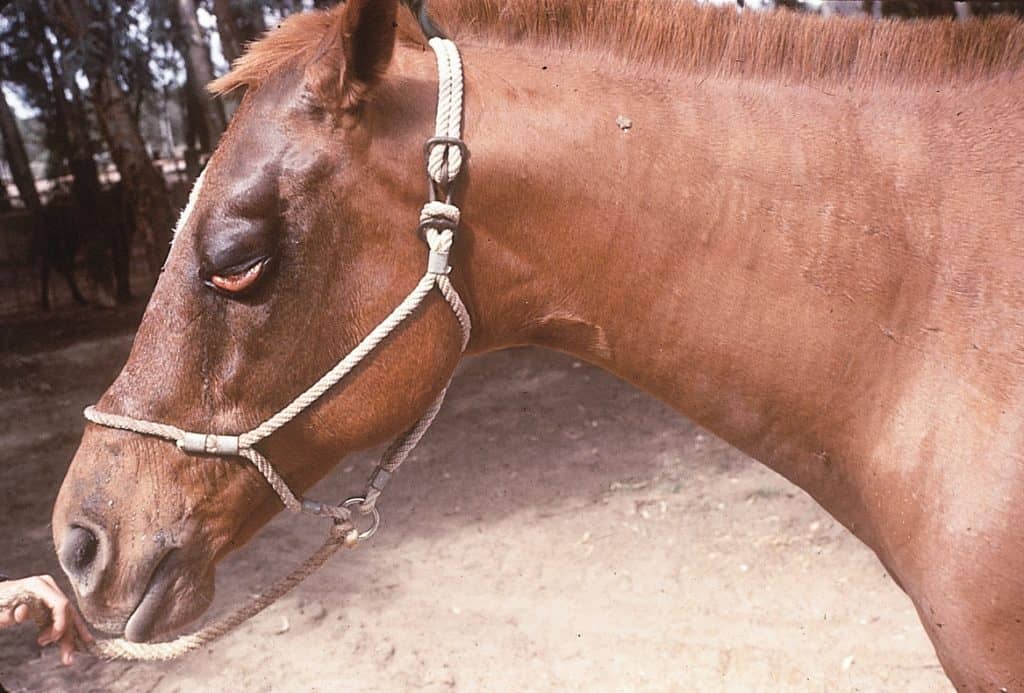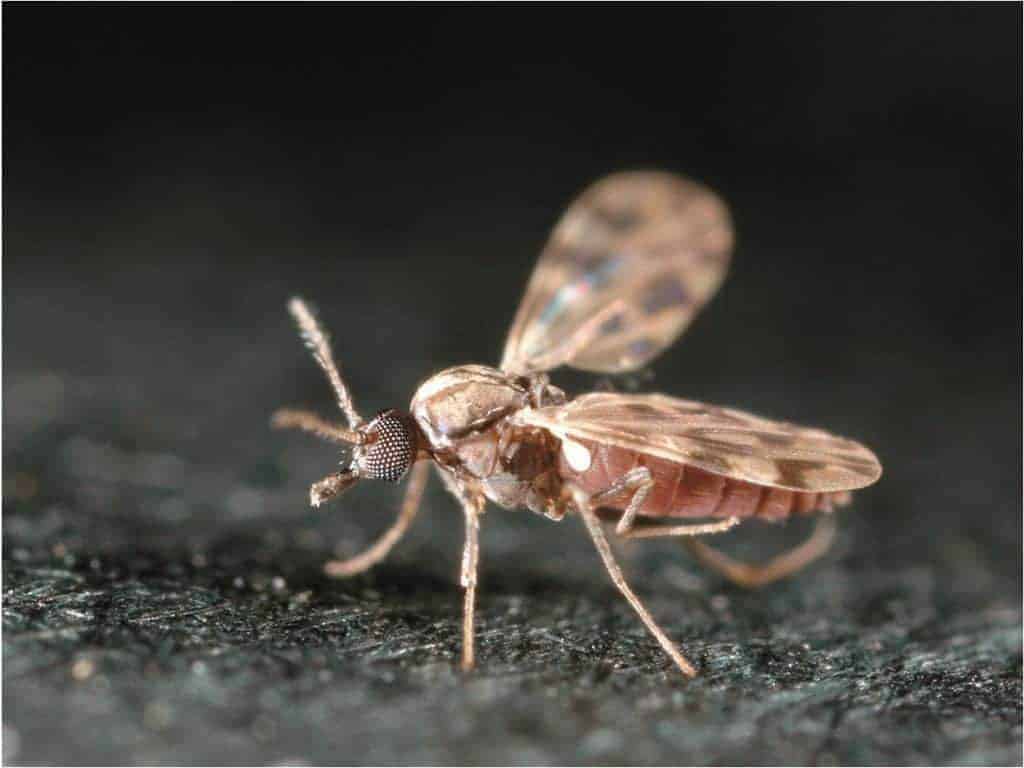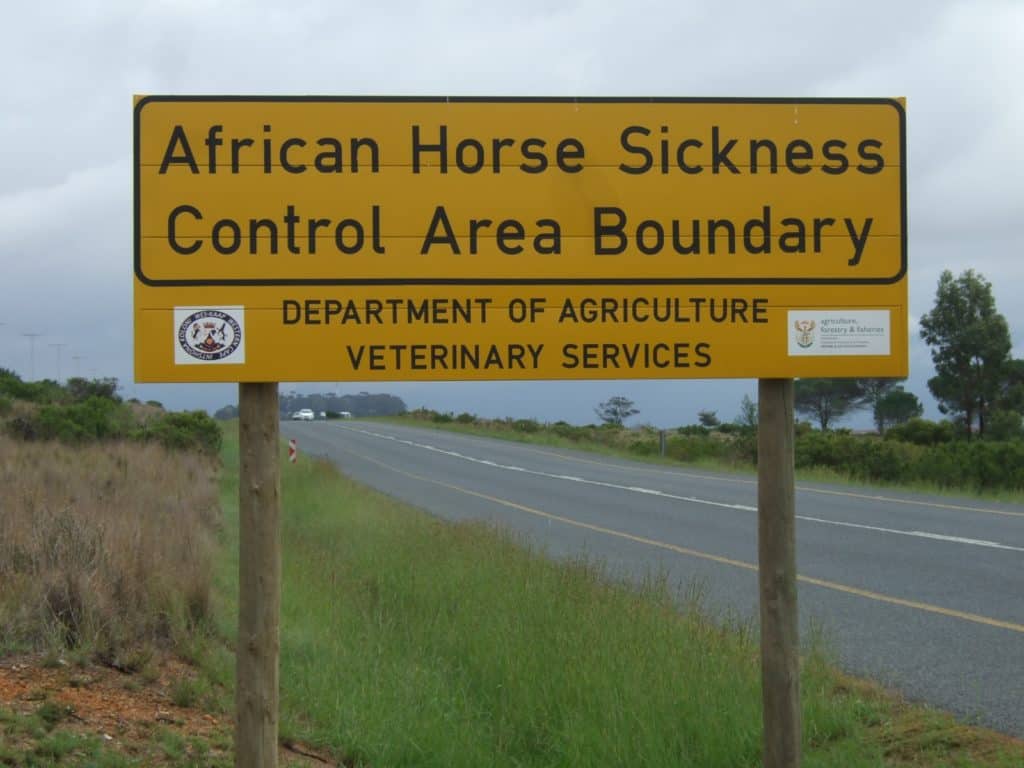
Inactivated African Horse Sickness Vaccine Shows Promise
Study results suggested vaccination with inactivated viruses of all nine serotypes could protect most horses from AHS.

Study results suggested vaccination with inactivated viruses of all nine serotypes could protect most horses from AHS.

With mortality rates topping 90%, AHS has left a devastating wake of destruction across Thailand and Malaysia. Learn about this disease, the recent outbreak, and what it could mean for U.S. horse owners.

As Thailand’s horse industry is starting to recover from its AHS outbreak, with thousands of horses vaccinated, the neighboring country of Malaysia is addressing its first cases of the disease.

While AHS doesn’t occur in horses in the United States, a current outbreak in Thailand, with a 94% mortality rate, illustrates the devastation possible when the disease affects a naive horse population.

University of Kentucky researcher Dr. Peter Timoney talks about the deadly African horse sickness and what it will take to prevent its arrival in unaffected countries.

As African horse sickness (AHS) continues to spread across Thailand, horse owners seek vaccines and Cambodia works to protect horses on its Thai border.

Horses are confined to netted stalls to protect them from the midges that spread African horse sickness and to prevent potential spread from the new vaccine.

The World Organisation for Animal Health (OIE) hosted a global webcast as humans—facing a health crisis of their own due to COVID-19—try to protect horses and prevent the spread of AHS during the disease’s current outbreak in Thailand.

The African horse sickness (AHS) outbreak in Thailand has nearly quadrupled in a little more than a week, reaching 154 deaths and a fatality rate of 94% in horses showing clinical signs.

Definitively identified by Thai veterinarians on March 27, this represents the first outbreak of AHS outside the African continent in more than 30 years.

We take a look back at seven eye-opening equine disease outbreaks in the past 100 years, including influenza in Australia, equine viral arteritis in North America, and African horse sickness in Spain.

Reported diseases included African horse sickness, atypical myopathy, contagious equine metritis, salmonellosis, and more.

Researchers found that, overall, the British owners surveyed had poor awareness of bugs (such as mosquitoes and midges) and insect-transmitted diseases that could affect their horses.

Researchers showed that the VP7 blocking ELISA test is highly reliable and works in exactly the same way every time its used, an important factor African horse sickness control and monitoring.

Officials reported diseases including African horse sickness, equine influenze, strangles, EHV-1, EIA, and more.

Confirmed diseases include equine influenza, equine herpesvirus, piroplasmosis, salmonellosis, rabies, and more.
Stay on top of the most recent Horse Health news with
"*" indicates required fields